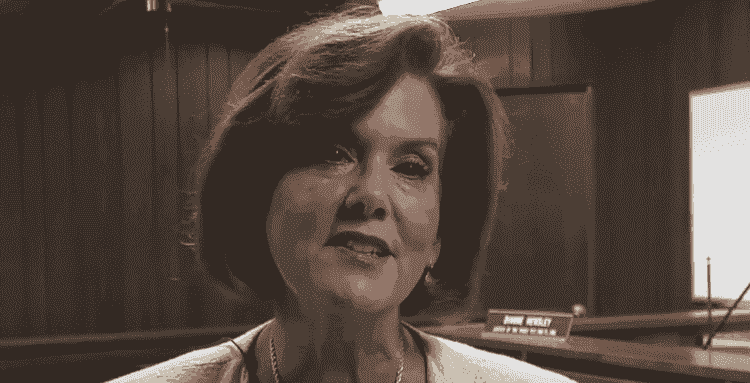
A Texas Justice of the Peace, Dianne Hensley, is gearing up to escalate her battle over religious beliefs and same-sex marriage to the state’s Supreme Court.
Hensley, who faced sanctions from the Texas Commission on Judicial Misconduct in 2019 for her refusal to perform wedding ceremonies for same-sex couples, filed a lawsuit challenging the sanction.
Texas Justice of the Peace’s Legal Battle
The controversy began when the Commission reprimanded Hensley in 2019 for conducting marriages solely for opposite-sex couples. Hensley has maintained that her actions were guided by her religious faith, leading to her lawsuit against the Commission, alleging religious discrimination.
The Commission stated that since August 2016, Judge Hensley has consistently declined to perform same-sex marriages, despite the 2015 US Supreme Court ruling that recognized the equal rights of same-sex couples.
Hensley’s stance is rooted in her religious convictions, despite having a gay older brother. She explained that she hired a detective to track him down annually to provide their mother with a photograph after he had a falling out with their parents.
Read more: Nuclear War Fears Rise As Kremlin Reacts To Biden’s Russia-Hamas Parallel
Lawsuit for Damages and Injunction

Hensley has expressed her belief that gay individuals are more likely to suffer from sexually transmitted diseases (STDs) than heterosexuals, a view she claimed to derive from her religious adherence and her experience as an abstinence speaker.
In her appeal to the Supreme Court, Hensley’s attorneys argued that expressing disapproval of same-sex marriage may not be as fashionable as it once was, but it should not call into question a judge’s impartiality when openly expressing a religious belief that marriage should only be between one man and one woman.
Hensley’s lawsuit seeks damages and an injunction to prevent any future disciplinary actions related to her refusal to perform same-sex weddings.
A state district judge dismissed the case in June 2021, and this decision was subsequently upheld by an appellate court, leading the matter to the Texas Supreme Court.
The Commission, in defending its reprimand of Hensley, has contended that her actions cast doubt on her capacity to act impartially towards individuals of differing sexual orientations.
As the case now moves to the Texas Supreme Court, the nation watches closely, as it raises important questions about the intersection of religious freedom, personal beliefs, and the responsibilities of public officials.
Read more: US Navy Stops Yemeni Militants’ Extended Assault On Israel With Drone And Missile Intercept

